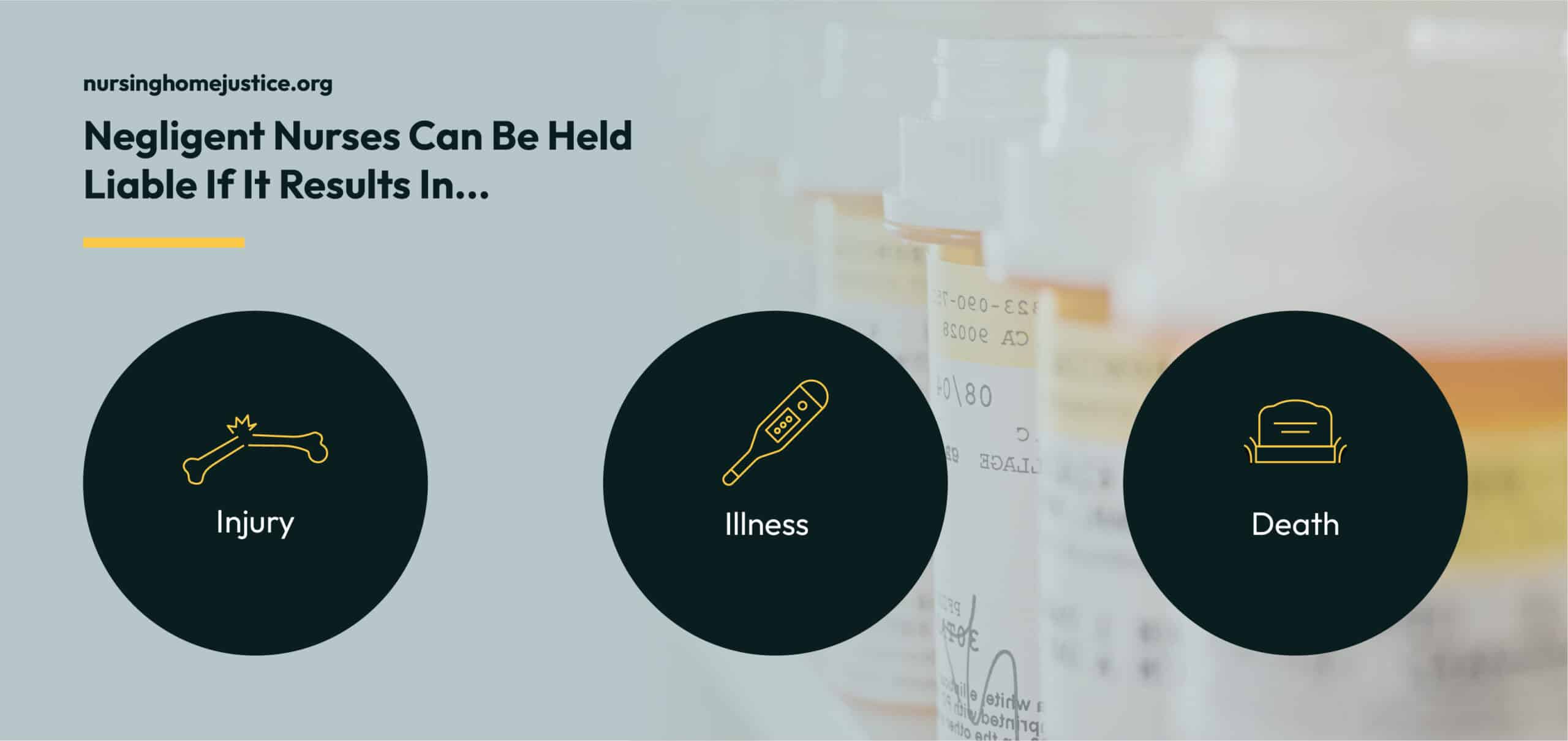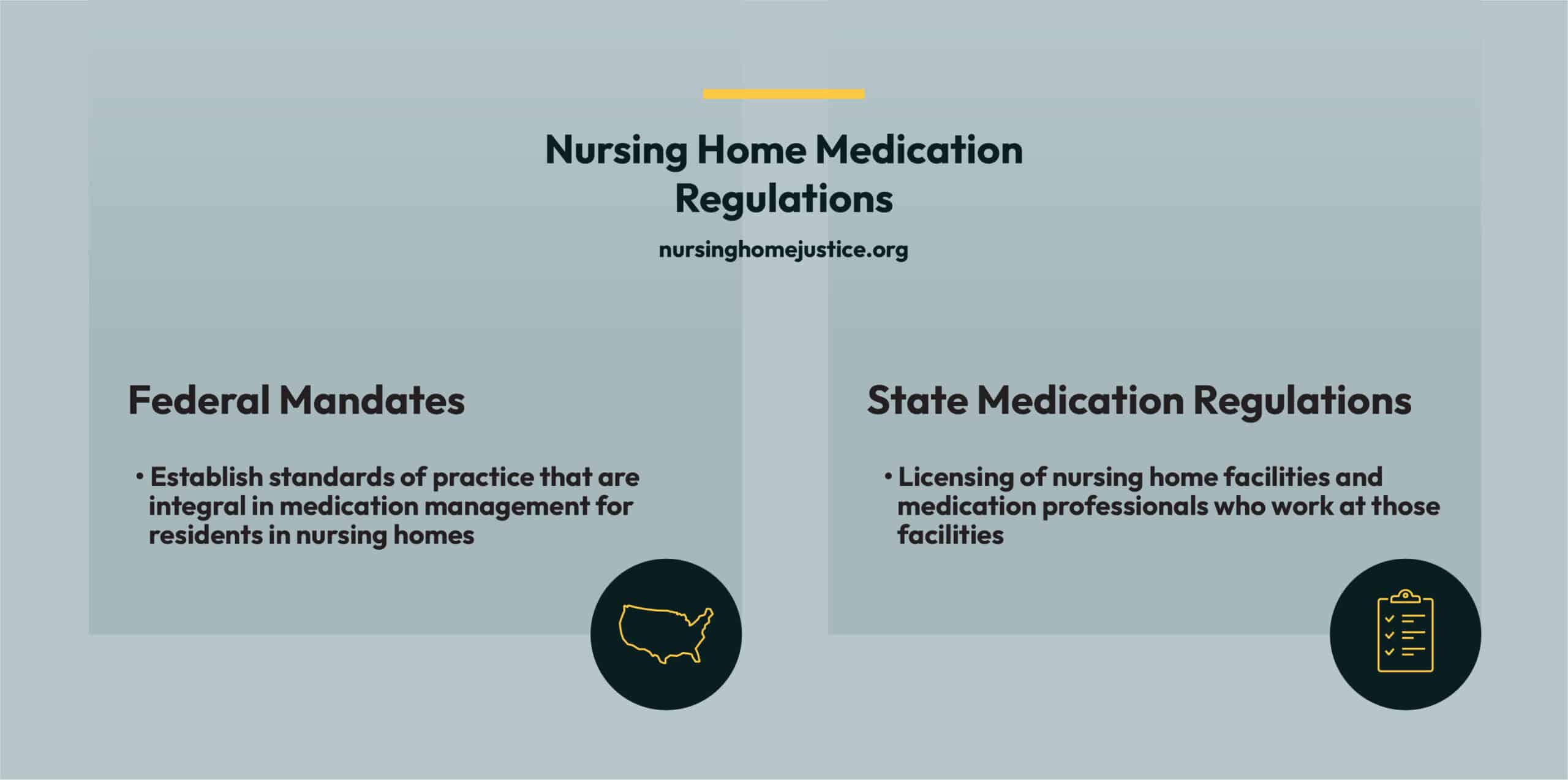
Most nursing home patients take highly complex drug regimens often consisting of different medications every month — those medications must be dispensed properly. The consequences of medication errors in nursing homes can be dire. They can lead to serious illness, complications, and even death. Our lawyers for medication errors in nursing homes are here to help.
Contact Nursing Home Justice Today
Medication errors in assisted living facilities, nursing homes, and other elder care or disabled care facilities are unnecessary. These cases can be complex — and you need an experienced attorney who understands the Colorado laws that apply to your case.
Nursing Home Justice is not afraid to stand up to large corporations and their insurance companies to help you recover what you deserve.
Mac Hester, the founding attorney of Nursing Home Justice, has over 35 years of legal experience. He is passionate about helping victims of abuse and neglect. Each client is treated with respect as we guide you to recovery.
Contact attorney Mac Hester with Nursing Home Justice Today — (303) 775-8128
Medication errors involve mistakes with drugs that can worsen a patient’s condition or kill them — these mistakes can be made with both prescription and over-the-counter medication.
Nursing home medication errors often occur due to nursing home staff negligence; however, other parties might be at fault. Negligence is a legal theory indicating that a party owed a duty and breached it. The duty in medication error cases is to dispense medications appropriately, per medical professional orders.
If nurses or other caregivers fail to do that, they have breached their duty and may be found negligent. If that negligence causes a victim injury, illness, or death, the nursing home and other at-fault parties can be held liable for damages.

We're here and ready to listen. Fill out our secure contact form today so we can get started on your case.
Contact Nursing Home Justice Today
"*" indicates required fields
There are various types of medication errors common in nursing homes.

Many medication tablets and capsules have instructions that indicate they should not be split when giving them to an individual. Cutting certain types of medication, such as extended-release drugs, can seriously impact how they interact with the body.
This may result in overdose or underdose. Nursing home staff may split pills to get a prescription to last longer or if they failed to give it at the appropriate time of day and think the patient only needs a partial dosage. These actions are medical mistakes that can result in serious injury to a resident.

Some medications require a certain amount of liquid, often water, to be consumed at the same time as the drug. It is common to need a full glass of water with medication. If a resident is not properly hydrated along with medication, they may not properly digest it.

Certain medications must be taken with or without food. For example, some thyroid medications cannot be taken shortly before or after food.
Others must be given with antacids to digest the prescription correctly. Nursing home staff must thoroughly review medical orders to ensure they are giving prescriptions as they are intended.

There are some liquid medications or those that must be mixed with water that must be shaken, mixed, or rolled in the hands before administering to a patient.
If these prescriptions are not correctly handled, victims are at risk of overdose or underdose. Many insulins and other suspension medications require this type of handling.

When a patient is being fed with a feeding tube (enteral nutrition), there are specific protocols for how to give medications. If medical orders are not followed, a patient may be harmed.

Nursing home staff may make a medication administration error by improperly giving patients drugs. For example, residents may be told to swallow a sublingual tablet. This can impact how the medication is absorbed and the timing it reacts within the body, potentially causing injury.
Medical malpractice is a type of personal injury claim that focuses on the negligence of a medical provider, such as a nursing home or staff members. The medical malpractice of those parties can form the grounds for a medication error lawsuit.
Some types of medical malpractice involving medication errors include:
When administering medications, nurses must follow orders from a prescribing medical professional, such as a doctor or advanced nurse practitioner.
While many medications should be given to residents in the morning or evening, other prescriptions have specific indications, like being given after any meal or snack — which is typical for insulin.
If nurses fail to follow medical orders, they can be held accountable for injuries, illnesses, and deaths they cause.
In addition to properly administering medications, nurses must keep a thorough record of what medications they give to each resident and when it was given.
Failure to keep this information can be evidence of negligence. Medication management and record-keeping is an essential part of properly operating a nursing home facility.
A medication pass, often called “med pass,” is the process for how medication is administered to residents in a nursing home facility. Typically, licensed nurses are tasked with conducting med pass procedures.
However, unlicensed nursing staff may take on the duties of dispensing medications under the supervision of a licensed nurse or other licensed medical professional.
In some nursing home facilities, nurses who earn a med pass have additional certification or training than other staff members. They generally have an understanding of common medications and how to read medical orders.
Nurses with med pass certifications are essential in maintaining the health and safety of residents.
"Mac Hester is very professional and a good person."
Read Our TestimonialMany factors lead to medication mistakes, most of which come down to human error. Nursing homes are notoriously understaffed, and nurses are often overworked. This makes errors of all kinds more likely.
Without proper medication protocols, errors are more common as well. For example, when staff members are distracted or rushed during med pass, they may make a mistake.
Some of the most common causes of medication errors include:
There are both state and federal regulations that apply to nursing homes and long-term care prescription providers.

Federal laws have been issued to establish standards of practice that are integral in medication management for residents in nursing homes.
Federal standards of practice are designed to:
State laws typically deal with the licensing of nursing home facilities and medication professionals who work at those facilities. Licensed nurses and even unlicensed staff hired by nursing homes must have specific training and certifications that involve a minimum amount of knowledge about medications and the administration of drugs.
Failure to hire qualified individuals and adequately train staff can result in severe fines and liability for nursing homes. Evidence of failure to meet regulations may be considered negligence, which can lead to liability for damages caused by medication errors. Our Denver nursing home neglect lawyers can help you understand your case and any damages you might be entitled to compensation for.
Residents of nursing homes have a right to be cared for in a safe and healthy environment, including proper administration of medications. Nursing Home Justice can help you pursue financial recovery.
Nursing homes and staff members who are negligent can cause significant injuries, illnesses, and even death for residents. Nursing Home Justice will consider the total impact of actions taken by the nursing home and staff. You can get compensation for the following damages:
When a medication mistake results in the wrongful death of your loved one, a decedent’s surviving spouse or heirs can pursue a wrongful death claim to obtain the following compensation:
The personal representative of the decedent’s estate may also be able to recover medical expenses caused by the medical malpractice.
In some cases, you may be able to get punitive damages. These damages are not meant to compensate you for losses but rather punish the wrongful or reckless behavior of a party.
Nursing Home Justice treats every case as a unique situation and gives every client the attention they deserve. We will treat you differently by:
Other Common Causes of Abuse & Neglect